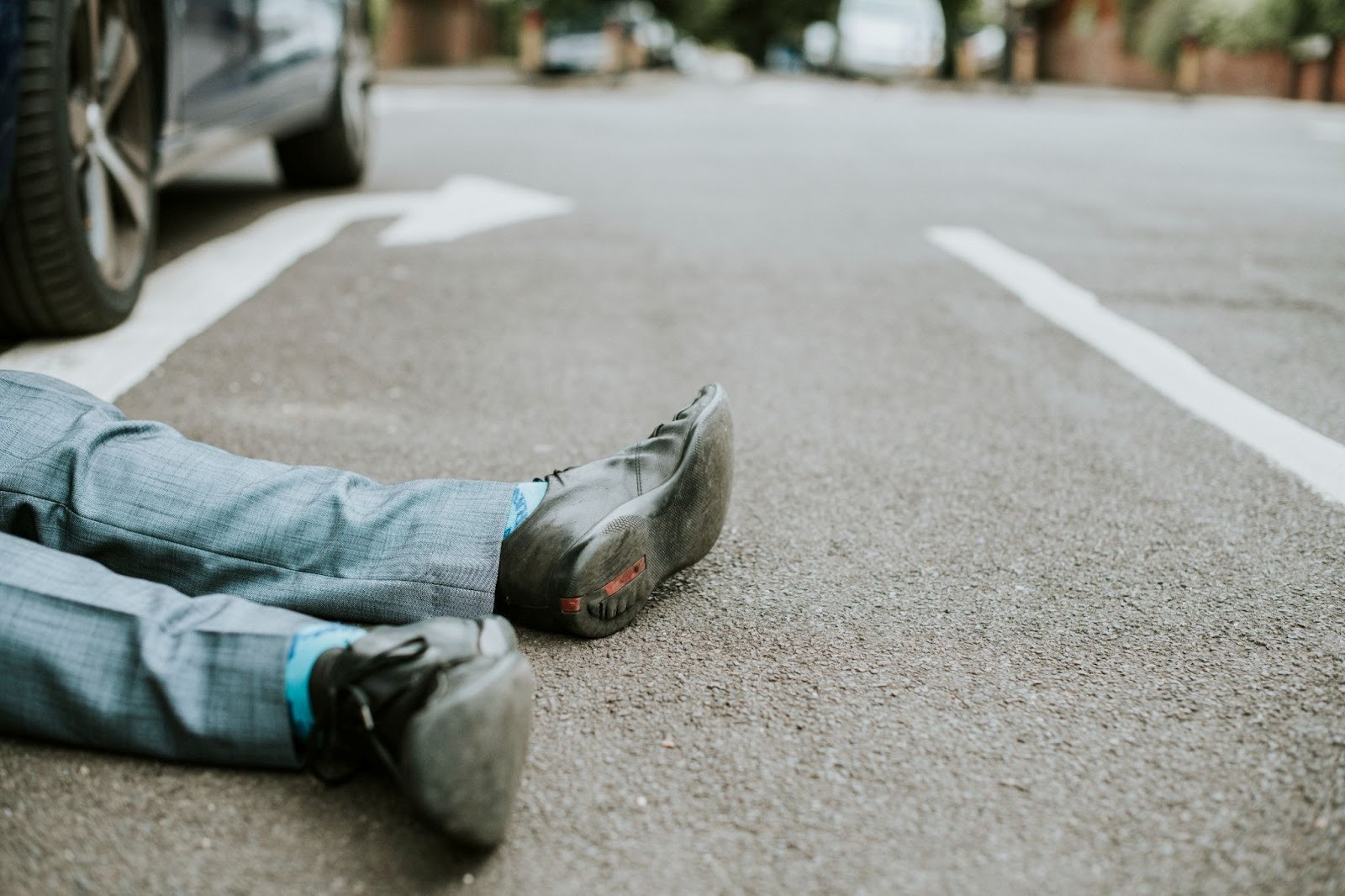
How can social media impact personal injury cases?
When a person is injured in an accident and files a personal injury claim, insurance companies and defense attorneys may search their social media profiles to find evidence that can be used to discredit their claim. Social media posts can also determine who was responsible for an accident. This blog is valuable for gaining insight on how to gather social media evidence and what impact social media has on personal injury cases. This blog will discuss the following:
- Social Media Evidence Through Discovery
- The Impact Social Media Can Have on a Person’s Credibility
- Privacy Concerns Regarding Social Media
Social Media Evidence Through Discovery
To prepare for trial, all sides of a personal injury case may exchange information and supporting documentation through the legal procedure known as discovery. Attorneys may make a formal request to access a person's social media accounts or copies of their social media posts during the discovery process. They may also conduct their investigations to look for evidence on social media and ask for access to social media accounts by employing search engines, monitoring programs, or other strategies to uncover pertinent information. It's crucial to remember that accessing someone's social media accounts without their permission or using illicit methods is prohibited and may have legal repercussions. Additionally, social media firms could have terms of service and privacy rules that specify how information can be viewed and shared. Gathering social media evidence through the legal discovery procedure must follow all applicable privacy laws and standards.
The Impact Social Media Can Have on a Person’s Credibility
A person's credibility in a personal injury case can be impacted by social media in a number of different ways. First, a person's assertions may be inconsistent, as evidenced by social media posts. For instance, if a person shares images or videos of themselves indulging in specific activities while claiming that they cannot do so due to their injuries, it may be considered contradictory and cast doubt on their credibility. Social media posts could also expose embellishments or exaggerations in a person's assertions. For instance, if someone publishes on social media about working or starting a new career while claiming they cannot do so due to their injuries, it may be considered contradictory and harm their credibility. Social media posts can also cast doubt on someone's moral character. It could be inferred from a person's social media posts in which they participate in a careless or risky activity that they are to blame for their injury or are not a trustworthy witness. Even good-natured social media posts may be interpreted unfavorably in a personal injury case. For example, it can be assumed that someone is not experiencing the symptoms of their injuries if they upload photos of themselves having fun on vacation or participating in other joyful activities.
Privacy Concerns Regarding Social Media
Social media also plays a role with regard to privacy concerns. A person’s privacy may be jeopardized if they disclose information about their case on social media and it receives media attention or unwarranted public scrutiny. Social media posts may include sensitive facts like medical information, financial information, or other personal information that is unrelated to the case. Even if people think their data is private, social media businesses may still have access to it. Messages, personal posts, or other information users did not mean to make public can fall under this category. If the other side gains access to this information, they will likely attempt to use it against you. Social media posts could also damage a person's credibility if they contain inaccurate or misleading information. This could be used to cast doubt on their reliability or diminish the strength of their case. It's crucial to be mindful of this while posting online during a court case and it is critical to take precautions to safeguard your personal information online. Forward Law Group is here to provide you with proper legal advice to keep your credibility in check.
Forward Law Group - Keeping Your Credibility in Check
Social media can influence settlement offers in personal injury lawsuits. Posts can be cited as evidence in the case to support or contradict your allegations. If one suggests that a person's injuries are not as severe as they claim, their case may be jeopardized, and their chances of securing a high settlement offer is reduced. Contact Forward Law Group today at (818) 471-8389 to move your case forward smoothly and to get the compensation you deserve.
Also Read: How To File A Car Accident Report



